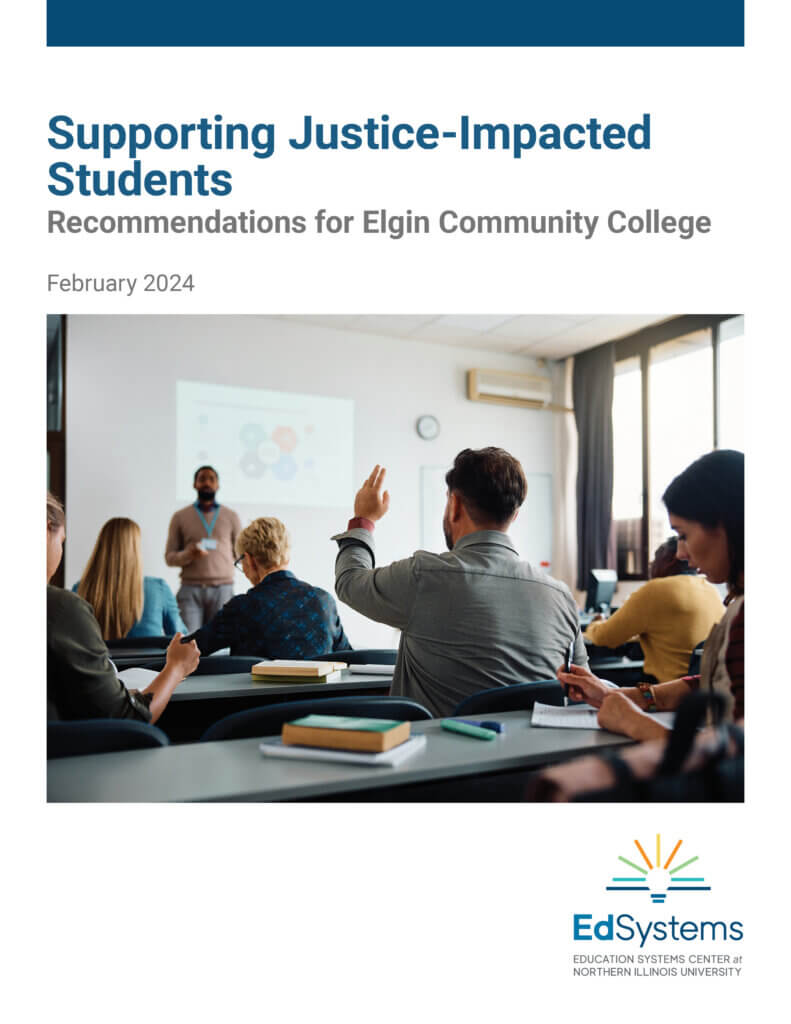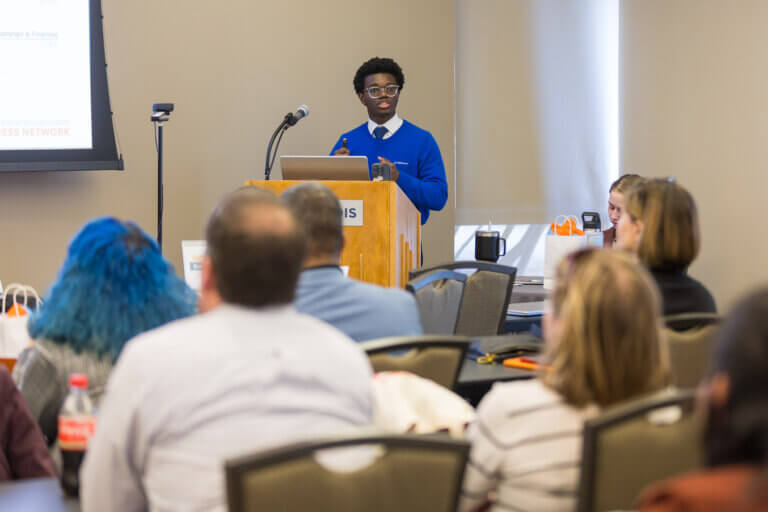In 2023, we partnered with colleagues at Elgin Community College (ECC) to pilot a task force to develop recommendations and programming for justice-impacted students. ECC is aware that a number of their enrolled students have justice records, and many are still juggling the mandates of that prior involvement while pursuing new careers. ECC leadership believes that programs that can serve people in the most complex circumstances can serve anyone.
Building from our previous work with the Illinois Department of Corrections as well as on the Returning Residents Program as part of the Climate and Equitable Jobs Act, we worked closely with a team of ECC faculty and administrators to explore the challenges facing justice-impacted students and how the college can work to better serve them.
We also conducted extensive desk research to identify statewide and national best practice models for engaging students, community-based organizations, and employers to examine issues facing justice-impacted individuals in particular. Critically, we engaged ECC faculty, staff, and justice-impacted students to learn about student experiences and needs, the professional development needs for faculty and staff, and the current landscape of ECC offerings for this population.
Ultimately, what we found many times over is that justice-impacted students face similar barriers to other marginalized groups but can be more acutely vulnerable to the impacts of those barriers, and this deeply impacts their ability to pursue and complete a postsecondary degree or credential. We also found that ECC has a number of existing programs and resources that are serving justice-impacted students well, as well as strong leaders motivated to dismantle barriers and scale up these resources to better meet the needs of this population.
Today we are releasing a new report detailing our process, findings, and recommendations to ECC. Our core recommendations to the task force to continue advancing this work are:
- Build internal buy-in and integrate the work.
- Involve students.
- Engage external stakeholders.
- Build awareness of existing resources.
- Develop a consolidated support system for students.
- Build internal capacity.
- Document your work.
- Recognize that it is an iterative process.
While many organizations are considering ways to better serve justice-impacted populations, we are excited to support ECC on its journey to share how they are approaching this work more publicly as a model for others. We encourage you to read more about ECC’s journey and the lessons they are carrying forward into implementation.






